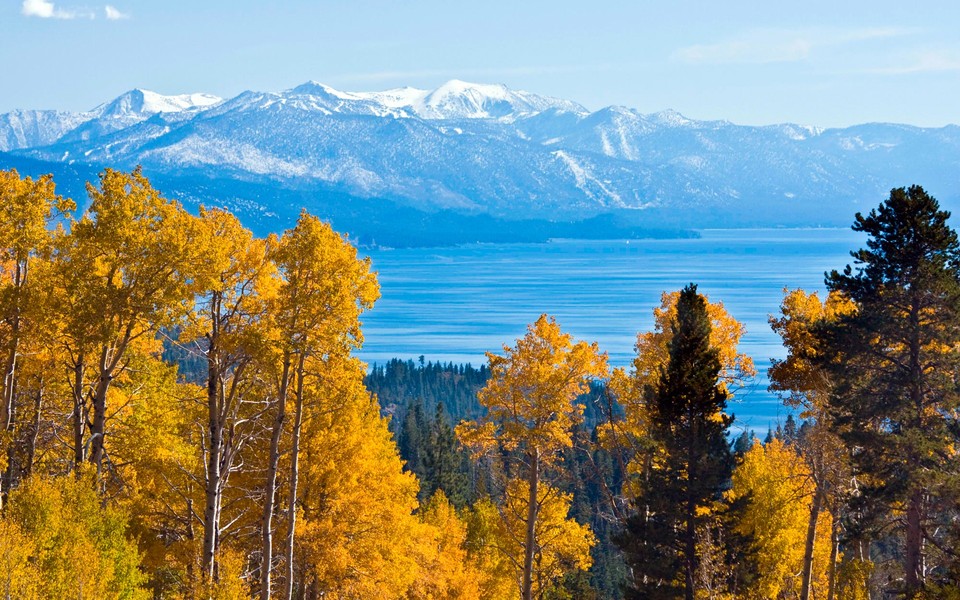The Great Wall, also known as the Wall of 10,000 Li, is one of China’s most iconic landmarks. Spanning over 13,000 miles, it is the longest wall in the world and is the result of centuries of construction and restoration. In this article, we will delve into the history and background of the Great Wall.

1. Background
The construction of the Great Wall began over 2,000 years ago during the Warring States period. At the time, the feudal states of China were constantly at war with one another, and the Wall was built as a defensive barrier against invasions from the north. The first sections of the Wall were built by individual states, but it was the first emperor of a unified China, Emperor Qin Shi Huang, who connected the various sections and built the first national defense system now known as the Great Wall.
2. Expansion and Restoration
Over the next few centuries, additional sections of the Wall were added by various dynasties. Most notably, the Ming Dynasty expanded the Wall to its current size and shape. The construction of the Wall was a massive undertaking, requiring thousands of workers and materials like stones, bricks, wood, and earth. The Wall was also equipped with amenities such as watchtowers, barracks, and beacons to alert soldiers of approaching enemies.
3. Current Status
Today, many sections of the Wall have been significantly damaged or destroyed due to erosion, weather, and human activities, and some parts have been rebuilt or repaired for tourists. The most famous sections of the Wall include the Badaling, Mutianyu, and Jiankou sections, which are easily accessible from Beijing.
In summary, the Great Wall is a monumental achievement of engineering and architecture that is steeped in history and culture. Despite its current status, it remains a powerful symbol of China’s ancient and enduring strength.
云作文原创内容,未经允许不得转载。